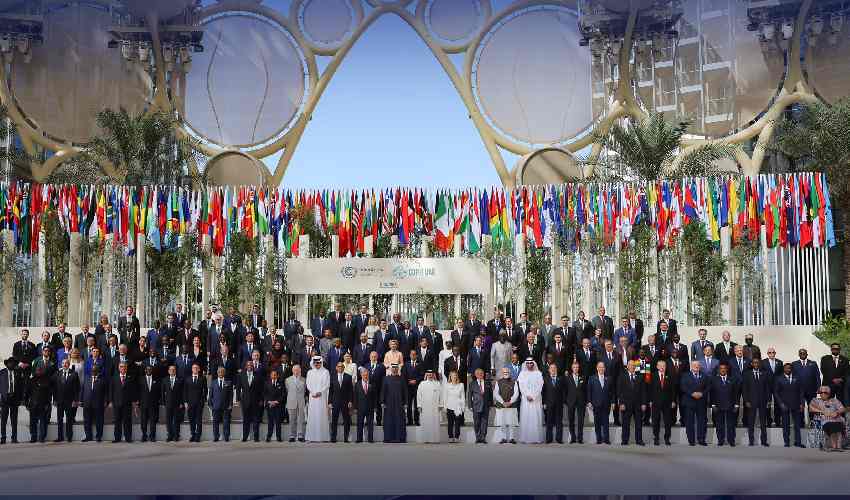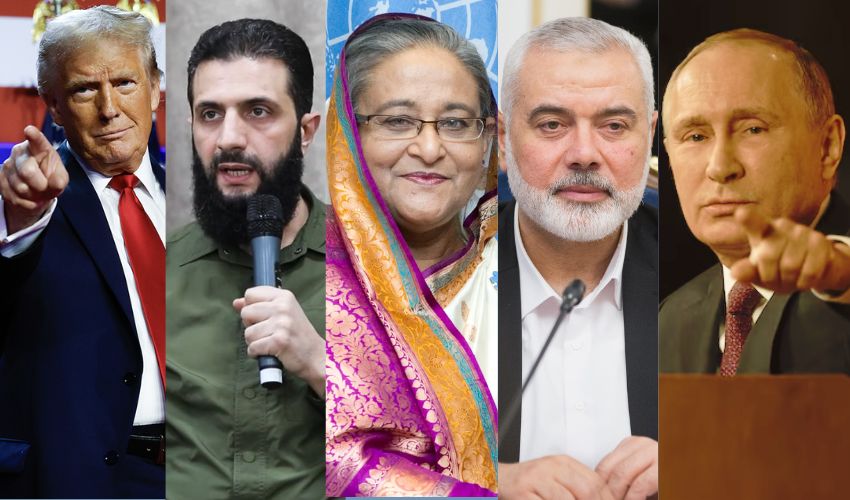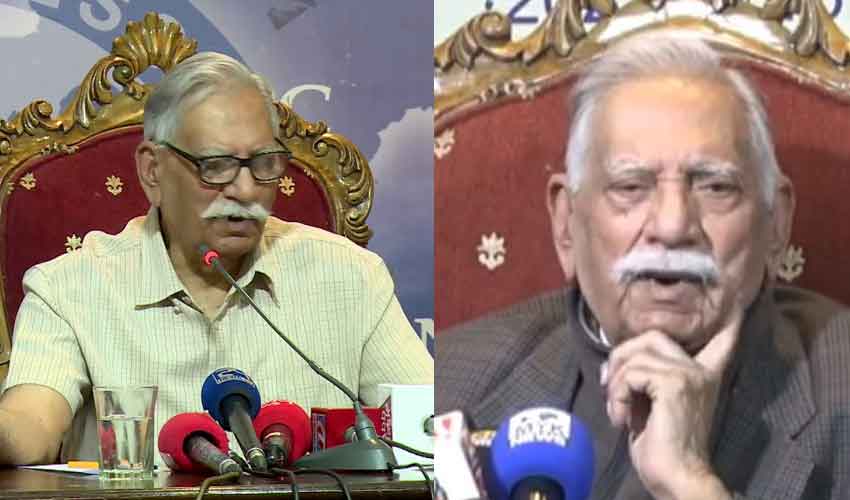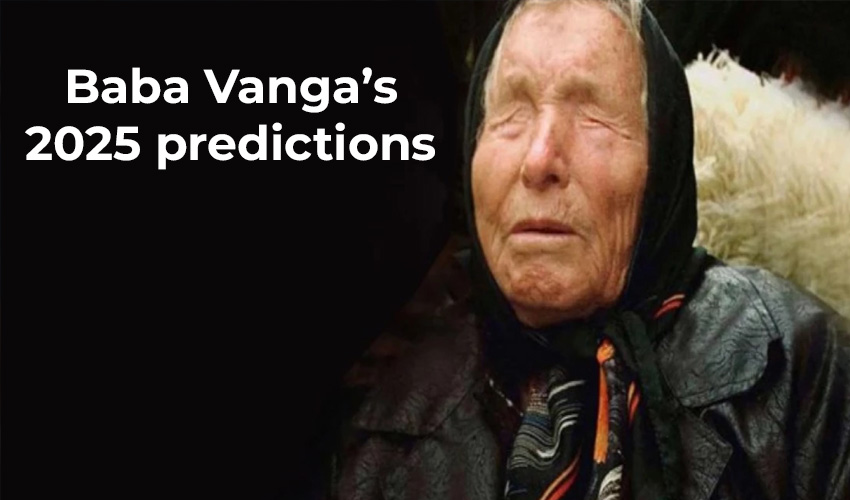Representatives from nearly 200 countries agreed at the COP28 climate summit on Wednesday to begin reducing global consumption of fossil fuels to avert the worst of climate change, a first of its kind deal signaling the eventual end of the oil age.
The deal struck in Dubai after two weeks of hard-fought negotiations was meant to send a powerful signal to investors and policy-makers that the world is united in its desire to break with fossil fuels, something scientists say is the last best hope to stave off climate catastrophe.
"We are what we do, not what we say," he told the crowded plenary at the summit. "We must take the steps necessary to turn this agreement into tangible actions."
Several countries cheered the deal for accomplishing something elusive in decades of climate talks.
"It is the first time that the world unites around such a clear text on the need to transition away from fossil fuels," said Norway Minister of Foreign Affairs Espen Barth Eide. "It has been the elephant in the room. At last we address it head on."
That battle pushed the summit a full day into overtime on Wednesday.
Members of the Organization of the Petroleum Exporting Countries together control nearly 80% of the world's proven oil reserves along with about a third of global daily oil production, and their governments rely heavily on those revenues.



























